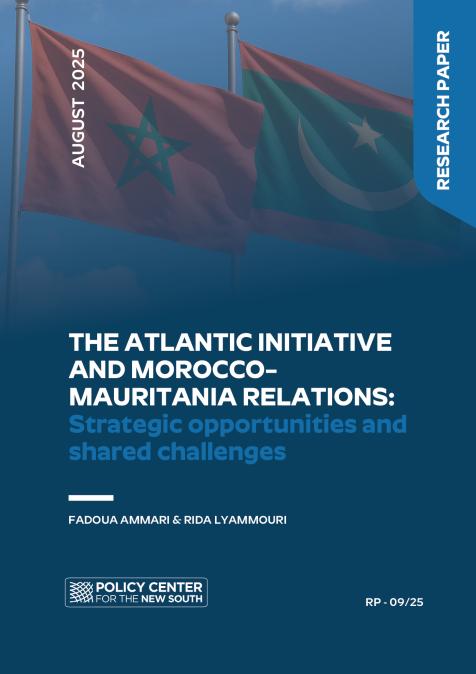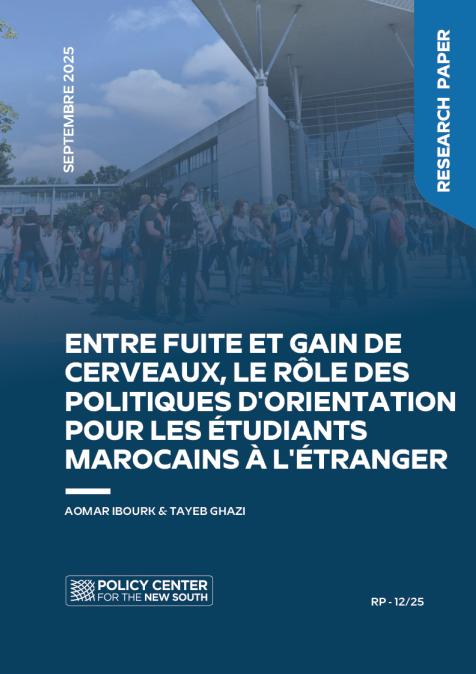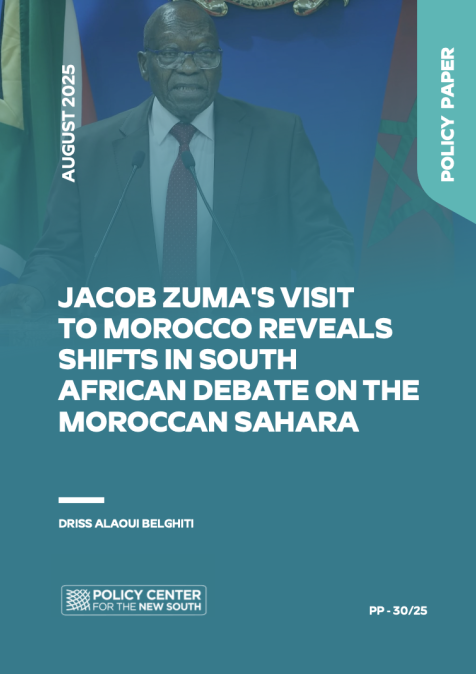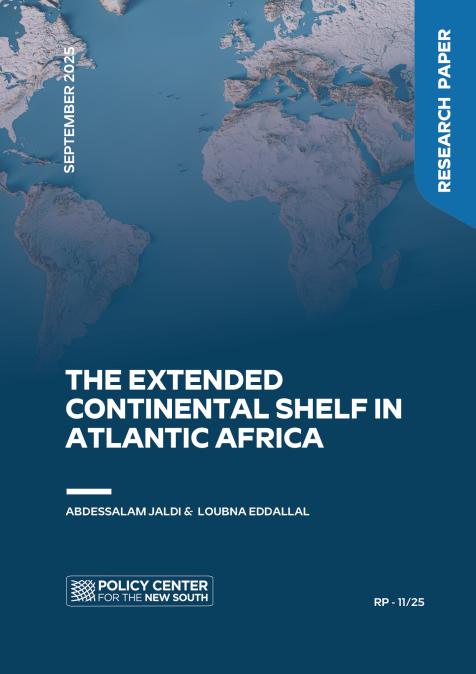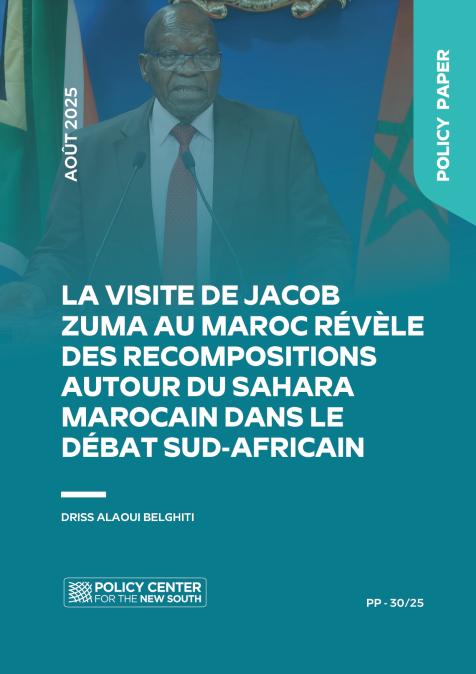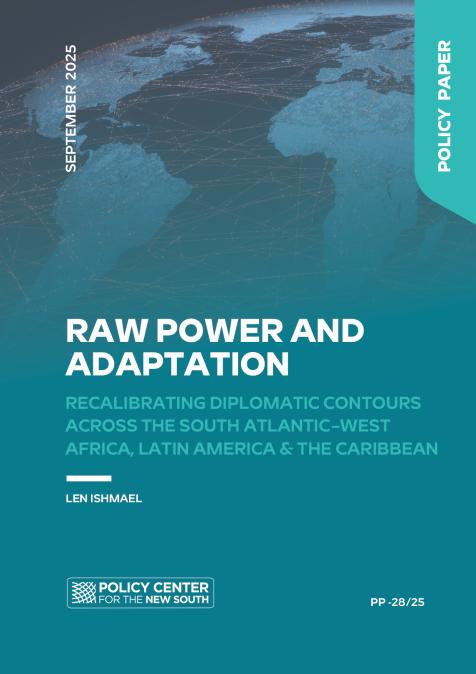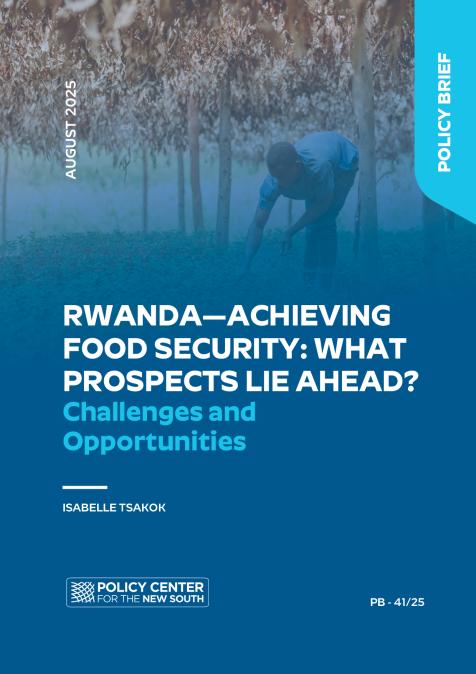في هذه الحلقة نسلط الضوء على علاقة الشباب المغربي بالموروث الثقافي، بين من يعتبره مصدر إلهام ومن يراه عبئاً يعيق التعبير الحر عن الذات. نناقش مدى قدرة الثقافة السائدة على مواكبة تطلعات الأجيال الجديدة، في ظل اتساع الفجوة بين المؤسسات التقليدية ووسائط التعبير الحديثة التي باتت تتيح فضاءات بديلة أكثر تحرراً. كما نتوقف عند الطموحات الثقافية للشباب واختلافها عن تصورات الأجيال السابقة، ونتساءل عن دور الدولة والمجتمع في بلورة سياسات ثقافية تستجيب لهذه التحولات دون التفريط في الهوية.
RELATED CONTENT
-
AuthorsFadoua AmmariSeptember 12, 2025The Atlantic Initiative, announced by King Mohammed VI in November 2023 to provide landlocked Sahelian countries with access to the Atlantic Ocean via Moroccan territory, promises to profoundly reshape the bilateral relationship between Rabat and Nouakchott. This research paper examines how this unprecedented project creates new strategic opportunities while raising shared challenges for Morocco and Mauritania. Diplomatically, the rapprochement around the Atlantic Initiative unfolds ...
-
AuthorsSeptember 11, 2025Ce travail apporte un éclairage critique sur l'alignement des dispositifs publics d'orientation des étudiants marocains à l'étranger avec les ambitions de développement du pays. Il interroge la capacité de ces mécanismes à transformer la mobilité étudiante d'une potentielle "fuite des cerveaux" en un véritable "gain de cerveaux". S'appuyant sur une étude de cas qualitative, nous avons mené une analyse de contenu systématique (cartographie) de 204 programmes promus par le ministère d ...
-
AuthorsSeptember 10, 2025This Policy Paper analyzes Jacob Zuma’s July 2025 visit to Morocco as a revealing episode in the reconfiguration of South African foreign policy. Far from being mere protocol issue, the event activated multiple registers of mobilization—anti-apartheid legacy, territorial integrity, and diplomatic coherence—while shifting a dossier long confined to elites into the public sphere. Drawing on a corpus of 2,200 posts on X, and 20 South African press articles, the study shows that the con ...
-
Helmut Sorge & Kwame OwinoSeptember 09, 2025Amid global shocks and shifting trade dynamics, this episode explores how Africa can navigate tariffs, debt, and fiscal reforms to strengthen its economies. The conversation sheds light o ...
-
AuthorsLoubna EddallalSeptember 8, 2025This paper explores the evolving legal, geopolitical, and technical dynamics surrounding the extension of the coastal shelf of Atlantic African states beyond 200 nautical miles under the United Nations Convention on the Law of the Sea (UNCLOS). As several coastal states pursue rights over seabed areas beyond their exclusive economic zones, the paper highlights the growing strategic importance of these claims for resource access, particularly hydrocarbons and minerals, and maritime b ...
-
AuthorsSeptember 3, 2025Ce Policy Paper analyse la visite de Jacob Zuma au Maroc en juillet 2025 comme un épisode révélateur des recompositions de la politique étrangère sud-africaine. Loin d’une simple question de protocole, l’événement a activé des registres de mobilisation multiples — fidélité à l’héritage anti-apartheid, intégrité territoriale, cohérence diplomatique et a déplacé un dossier longtemps confiné aux élites vers l’espace public. À partir d’un corpus de 2 200 publications sur X et de 20 arti ...
-
AuthorsSeptember 2, 2025In 2019 - well before the onslaught of COVID-19 and the wars in Europe and the Middle East - the central thesis of a policy paper by this author, analyzing the relationship between Africa and the Caribbean, characterized it as one of missed opportunity due to the lack of consistent, meaningful engagement between the two regions - despite the relationship’s special significance given their shared history. Underinvested: The Caribbean African Relationship (PCNS 2019) chronicled the li ...
-
AuthorsAugust 29, 2025After 1994, everything was a priority, and our people were completely broken. But we made three fundamental choices that guide us to this day. One—we chose to stay together. Two—we chose to be accountable to ourselves. Three—we chose to think big. — His Excellency President Paul Kagame, 20th Commemoration of the Genocide against the Tutsi (April 7, 2014) Rwanda’s socio-economic progress since 1994 has been remarkable. Rwanda is rightly considered a showcase of the enduring ...
-
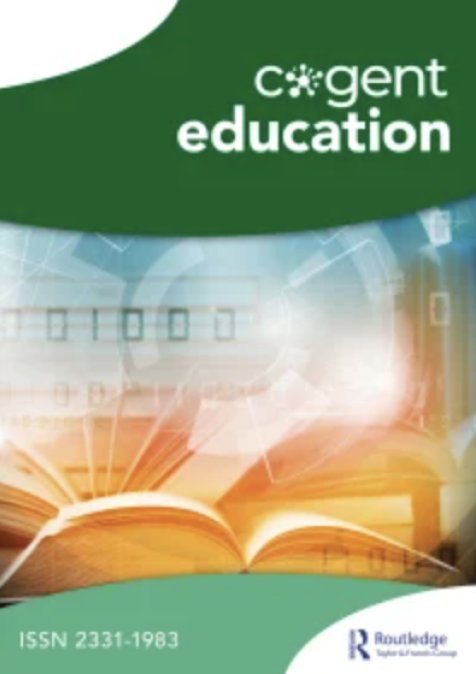 AuthorsAugust 28, 2025This Paper was originally published on tandfonline.com The gender gap in education remains a concern for Moroccan policymakers and researchers, yet it is rarely measured quantitatively. This study examines differences in reading and mathematics performance between girls and boys, both at the national level and by place of residence, using PIRLS (2016, 2021) and TIMSS (2015, 2019) data covering 21,129 students. The Blinder-Oaxaca decomposition method is applied to distingui ...
AuthorsAugust 28, 2025This Paper was originally published on tandfonline.com The gender gap in education remains a concern for Moroccan policymakers and researchers, yet it is rarely measured quantitatively. This study examines differences in reading and mathematics performance between girls and boys, both at the national level and by place of residence, using PIRLS (2016, 2021) and TIMSS (2015, 2019) data covering 21,129 students. The Blinder-Oaxaca decomposition method is applied to distingui ... -
AuthorsFadoua AmmariAugust 28, 2025L’Initiative Atlantique, annoncée par le Roi Mohammed VI en novembre 2023, visant à offrir aux pays sahéliens enclavés un accès à l’océan Atlantique via le territoire marocain, promet de redessiner en profondeur la relation bilatérale entre Rabat et Nouakchott. Cet article examine comment ce projet inédit crée de nouvelles opportunités stratégiques tout en soulevant des défis partagés pour le Maroc et la Mauritanie. Sur le plan diplomatique, le rapprochement autour de l’Initiative A ...

